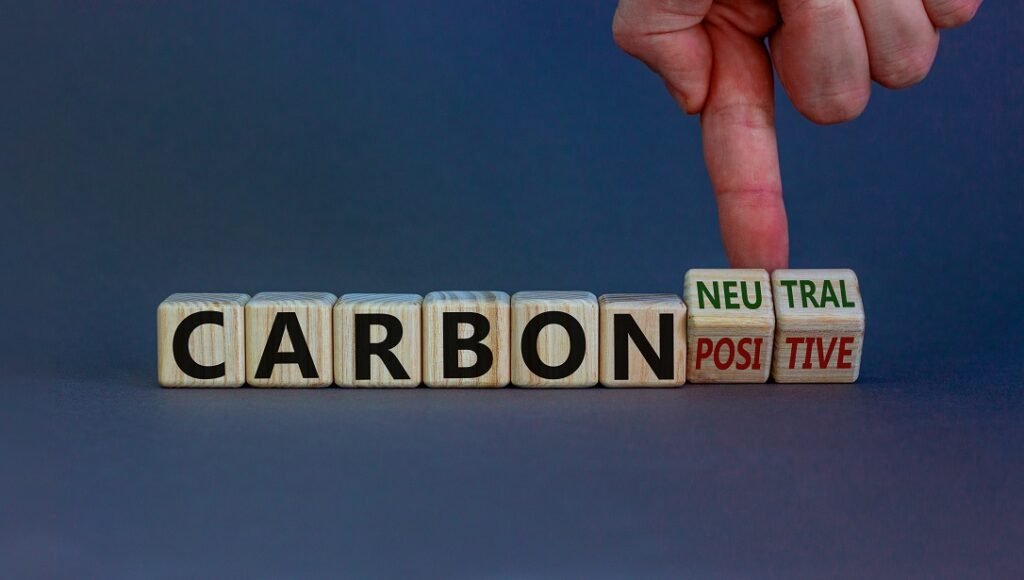On August 16, 2022, the Ministry of Environment of South Korea held the first meeting of the Council for Advanced Emissions Trading System (hereinafter referred to as the “Council”) to discuss the improvement of the greenhouse gas emissions trading system to promote carbon neutrality. The Council consists of members including relevant ministries and agencies, companies and associations representing industries involved in the emissions trading system, and experts, and operates in three subcommittees (system improvement, paid allocation, and benchmark (BM)-based allocation). The subcommittee on system improvement discussed: (1) reviewing proposed regulatory improvement issues and identifying additional issues; (2) efforts to revitalize the market, including participation of third parties; and (3) diversifying support for allocation holders. The subcommittee on paid allocation discussed expanding scope and ratio of paid allocation, and the subcommittee on BM-based allocation discussed expanding the range of industries to which BM is applied. Each subcommittee will continue to discuss and examine the details of major issues.
The subcommittee on system improvement discussed the expansion of support for greenhouse gas reduction by compiling opinions from industrial sites and identifying issues for system improvement. In particular, the subcommittee plans to listen to the opinions of companies and search for issues such as expanding benefits for greenhouse gas reduction efforts, revitalizing the emission rights market, and alleviating unreasonable administrative burdens. In line with this, the committee also discussed the diversification of support programs for the introduction of new technologies and processes to reduce greenhouse gas emissions, such as the expansion of support for companies using revenues from the allocation of emission rights, and Carbon Contracts for Difference (a system to promote investment in greenhouse gas reduction in industry, including the early application of innovative reduction technologies through carbon price guarantee contracts between the government and companies).
The subcommittees on paid allocation and BM-based allocation discussed the medium- to long-term improvement of the emission rights allocation scheme. The need to improve the allocation scheme to match the international level, such as the EU, in order to preemptively address carbon trade barriers in the international community, such as the introduction of the Carbon Border Adjustment Mechanism (CBAM) in the EU, was emphasized. The subcommittees also discussed the expansion of paid quotas, which is included in the national agenda, and exchanged opinions on the details of BM-based allocation so that companies that contribute to greenhouse gas reduction can receive additional allocation of emission rights.
(The BM-based allocation is a scheme based on average emissions by industry that benefits companies with higher reduction efficiency, while grandfathering allocation is an allocation scheme based on historical emissions and does not make reduction efficiency levels into account.)
The Ministry of Environment will continue to operate the Council on a regular basis until the end of 2022 to formulate a plan for improving the system with industry through sustained discussion. Of the issues discussed this time, those that can be improved by revising the guidelines will be addressed by the end of 2022, and mid- to long-term issues will be reflected in the next Emissions Trading System Basic Plan and Allocation Plan when they are formulated.
The original text of this article can be found at the following URL:
http://me.go.kr/home/web/board/read.do;jsessionid=8DvcLx1Gj66z4C0WA3l5lBHT.mehome1?pagerOffset=60&maxPageItems=10&maxIndexPages=10&searchKey=&searchValue=&menuId=10525&orgCd=&boardId=1542150&boardMasterId=1&boardCategoryId=&decorator
 Korea considers improving GHG emissions trading system to promote carbon neutrality
Korea considers improving GHG emissions trading system to promote carbon neutrality 

























